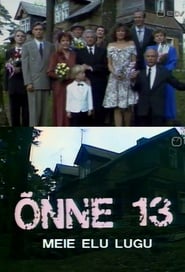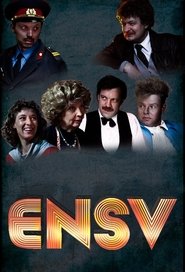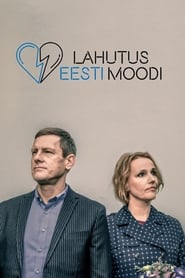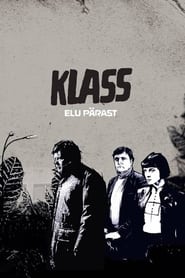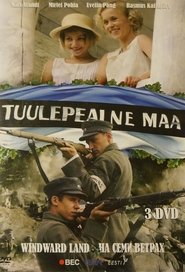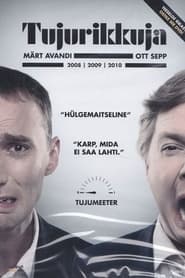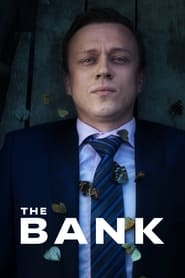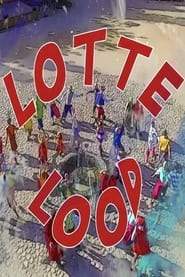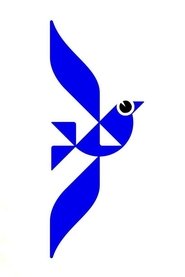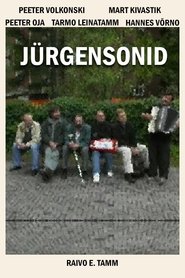Etv TV Series
-
Õnne 13
1993
star 4.5Õnne 13 is an Estonian dramatic TV series that airs on ETV. The series first aired on 30 October 1993 and was written by Astrid Reinla and as of 1996 by Teet Kallas. Since 1997, the series is produced by BEC, which has also produced Pehmed ja Karvased, Kodu Keset Linna and Ohtlik Lend. The series takes place in the fictional town of Morna, and features an ensemble cast. -
ENSV
2010
ENSV
2010
A comedy-series depicting an Estonian family in 1980s that consists of a rebel-minded grandpa, two siblings, a mother, who is a member of the Soviet Socialist Party, and her lover, who is there, because the real husband is a captain on a foreign-going ship. Aand they have to share their apartment with a true communist and her son, who is an exemplary militiaman. -
Lahutus Eesti moodi
2019
Lahutus Eesti moodi
2019
-
EnsV
2019
EnsV
2019
The opening part of the new season of the comedy series "EnsV" begins in the last days of 1991, when the USSR disappears from the world map. Unexpected guests arrive at the desert home. Living is reminiscent of a collective farm. Money is mixed with the feet. New Year's Eve plans are held in Kukeke and Illar's fantasies know no bounds. -
The Class: Life After
2010
star 7.1The Class: Life After is a follow-up to the feature film The Class (Klass) and deals with the aftermath of a school shooting. Each one-hour episode focuses on a different character who survived or witnessed the tragic event. There are kids from the class, their parents, the class teacher, a boy who survived the shooting, and finally, one of the culprits in the very last episode. -
Windward Land
2008
star 10Tuulepealne maa is a twelve-part Estonian television mini-series about the pre-World War II history of Estonia, its birth as a country, the Estonian War of Independence, post-war life throughout 1920 up to 1941 and World War II. -
Mood Breaker
2008
Mood Breaker
2008
Estonian comedy sketch show consisting of parodies of popular Estonian movies or shows. -
Alpine House
2012
Alpine House
2012
Estonia's women's swimming team is stripped of their Olympic medals because of doping, and a scandal begins. With the help of Martin Kütt, an internationally renowned crisis expert, the team aims to solve the disaster. However, as Martin investigates the doping, it emerges that even government officials are involved in the affair. -
11,000 Years Later
2007
11,000 Years Later
2007
A twelve-part Estonian television mini-series about the history of Estonian people. -
The Bank
2018
star 1.5Based on a true story in the turbulent Estonian 90s. Personal dramas will unfold using the historic events as a backdrop, with the characters constantly re-evaluating the currency rates and their personal values. -
Lotte's Stories
2017
Lotte's Stories
2017
Lotte together with her friends Bruno and Albert, ventures and solves exciting detective puzzles. -
Ohtlik Lend
2006
Ohtlik Lend
2006
-
Eesti Laul
2019
star 1Eesti Laul is the national final in order to select the Estonian entry for the Eurovision Song Contest. -
Jürgensonid
2001
Jürgensonid
2001
In the summer of 2001, six prominent men moved into an abandoned farmhouse for a week. Following the example of the world-famous reality series "Survivor", everyone was allowed to take only one item they loved. The aim of the men was to test whether it is possible to cope with the minimum wage in today's Estonia, and if so, in what way. "Jürgensonid" is a humorous, fully documentary television study of survivors in local Estonian conditions.
